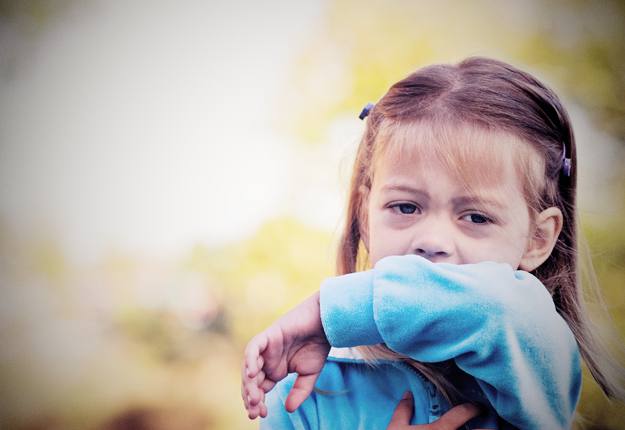First Aid For You’s tips for Asthma Management
First aid tips for parents to share with teachers and carers:
- Organise! organise! organise! The last thing you want in an emergency is to have to rush around looking for puffers or medication for your child
- Clearly prepare your child’s medication – this may include providing a clear container labeled with your child’s name, a picture of your child for easy identification and medication expiry date written on a paper taped to the lid of the container.
- Make sure the following is inside the container your child; their puffer, spacer, current asthma plan and additional medication required for your child
- Ensure their medication is on site every day with them and placed conveniently at the school so the appropriate people can access the kit in an emergency
- Train and educate your child as best as possible to understand how and when their medication is required
- Question any childcare service that doesn’t insist on asthma plans and providing medication everyday for your child. Be sure your child is protected and you are comfortable with the level of care being provided. The educators must have a comprehensive understanding of how to deal with emergency asthma management
- Spacers are ‘cool’ and a must for younger children. Remind older children that you are never too old to have one on hand in the event of an asthma attack
Tips for teachers to parents of children with asthma:
- Continually train and demonstrate any new management techniques learnt
- Ask parents for demonstration each time a new child brings a puffer/spacer – as each child is different, they may have their own way of taking the medication
- Ensure that everyone knows where at your school/child care service center the spare or emergency puffer and spacer is on site
- Consider instigating a “No puffer no play” practice, that all children requiring asthma medication bring to school each day
- Never hesitate to contact emergency services when a child’s asthma is not as expected or a child is experiencing an asthma attack for the first time
- During an asthma attack minimise exposure to their trigger (e.g. if the attack has been triggered by smoke outside, if possible, place the child inside to minimise exposure)
Always remain calm, talk and try to focus the child’s breathing. Consider singing, reciting alphabets and nursery rhymes. Ultimately, trying to focus the breathing as you administer the medication.




















9:52 pm
3:52 pm
9:39 pm
11:08 am
9:17 pm
-

-
-
scottie replied
- 31 May 2014 , 8:33 pm
Reply1:09 pm
8:51 am
6:14 pm
7:20 pm
8:55 am
10:39 pm
9:19 pm
4:13 am
7:16 pm
8:55 pm
10:45 am
2:19 pm
10:34 am
6:27 pm
2:35 pm
- 1
- 2
- …
- 8
- »
Post a commentTo post a review/comment please join us or login so we can allocate your points.